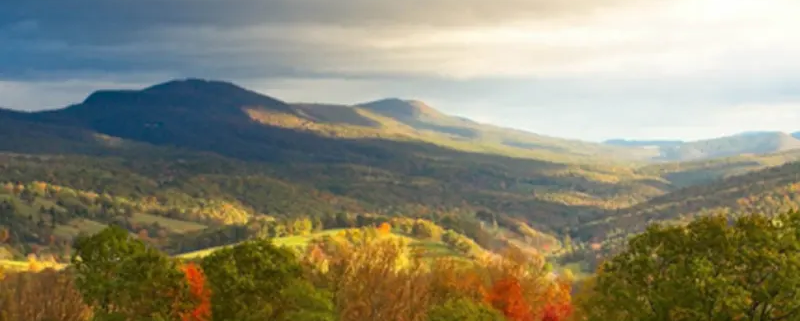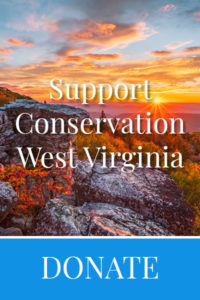Land Use: Where the Action is at the 2023 Legislature
Midway through the fourth week of the 2023 legislative session, it is possible to get an overview of what seems important to legislators and their constituents. It is land use, both public and private. Several important bills affecting how we can use public lands, such as state parks and forests, as well as privately owned land, have been introduced. Some have already made it over the finish line. Here is a summary.
DNR Sale and Leasing of Public Lands
Early in the session, two bills affecting the authority of DNR to sell or lease public lands blew through both House and Senate. In the Senate where these bills originated they bypassed consideration in any committee, received no public comment and their text was not posted in advance on the Legislature’s website for public review. SB 161 and SB 162 authorize the Department of Natural Resources to auction off “pore space” underlying state forests, natural and scenic areas, and wildlife management areas. Pore space is defined elsewhere in the code as underground natural or manmade cavities. Only a last-minute amendment saved state park land from this pore space auction. SB 162 is aimed at companies in the business of sequestering carbon dioxide, a by-product of the process of creating “blue hydrogen.” The bills quickly passed both Senate and House and were adopted by the Governor on January 24.
ATVs on Public Lands
All-terrain vehicles have become controversial as a result of a proposal to make permanent the ATV trail trail system in Cabwaylingo State Forest and to link that system with other private or public ATV trails in the state with connector trails. SB 468 is the creature of Sen. Mark Maynard, who chairs the Outdoor Recreation Committee. A Committee substitute version of that bill that would have allowed the DNR Director, with approval of the heads of the Commerce and Tourism departments, to authorize the connector trails but it failed on a tie vote of 5-5. The bill in some form is expected to be brought back up in committee. SB 468 is opposed by Conservation West Virginia, West Virginia Rivers Coalition and outdoor sporting groups. ATVs are noisy, create dust and mud potentially fouling valuable trout streams, and destroy wildlife habitat.
Zoning Override for Non-Utility Wholesale Power Generation
HB 2459 was introduced in 2022 in roughly the same form by Del. Wayne Clarke of Jefferson. The bill would override any zoning restrictions on non-utility wholesale power generators, such as large solar farms or wind farms. Under the HB 2459 these installations are declared a permitted use in any zoning district, even residential. This bill was introduced last year to solve a problem faced by a single Jefferson County developer who faced opposition to siting a solar farm. But the bill’s overreach is obvious and it has stalled in committee.
Taxing and Otherwise Limiting the Sale of Carbon Offsets on Private Forest Land
Carbon offset agreements are private contracts between producers of greenhouse gasses and owners of forested lands. These lands act as a natural carbon sink. Producers pay landowners not to cut the carbon absorbing timber on their lands. In exchange the producers get carbon credits against pledges to de-carbonize operations or in carbon markets. Somehow these agreements are such a threat to the timber industry in West Virginia that HB 3294 has been proposed to discourage such agreements. The bill would limit the term of such agreements to 20 years, with the possibility of renewal for another 20 years, and would impose an excise tax of 30% on the amount of the payment to the landowner. The carbon producer would be required to pay the tax. The bill is opposed by environmental groups, the West Virginia Farm Bureau and property owners’ groups as a threat to a legitimate income stream for farmers and forest property owners, and an obvious incursion into the freedom to direct the use of one’s own land. Perhaps most importantly, carbon offset agreements are a market-based device to reach carbon neutrality and should be encouraged. Conservation West Virginia opposes HB 3294.


